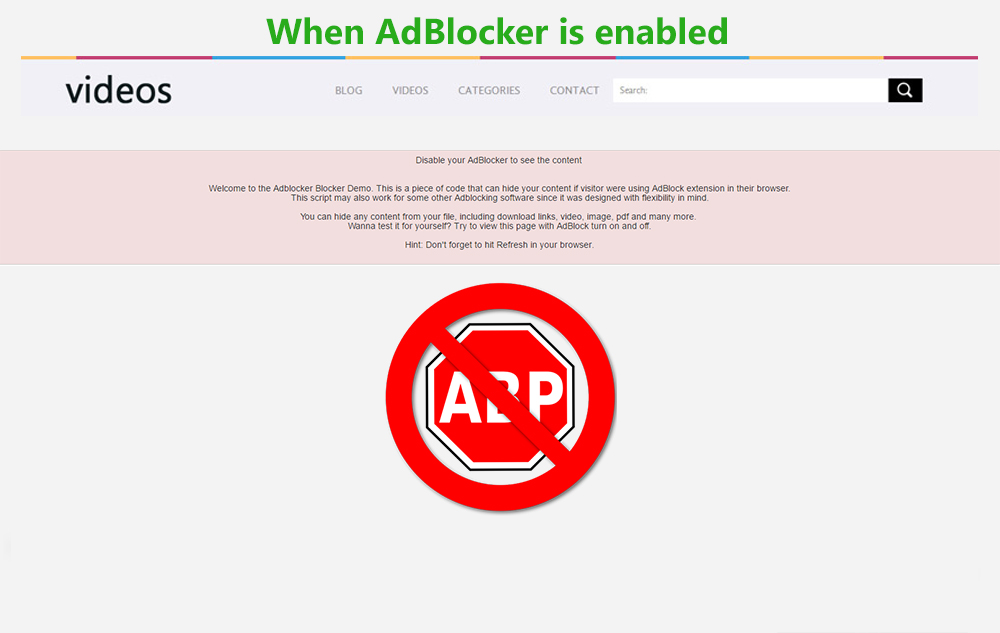AdBlock for IE is currently still in the development stage (as of mid-2013) but there is a test version of the application you can download and use. This tutorial will show you how to do this.
Step # 1 – Downloading the Program
First you are going to need to go to the download page, visit
“http://adblockplus.org/en/internet-explorer” and click on the version that is relevant to your computer – if you are unsure, click choose the 32-bit version as we are doing here. Click “Run” in the dialog box that appears”. A file will download, wait for this to complete, then click “Run” again.
Step # 2 – Installing the Program
Check the date and time in the clock on your computer: (double) click the clock icon on the Windows Taskbar.
The installer will begin and you need to click “Next” and the “Install”. The installer will then run and you need to click “Yes” if a “User Account Control” dialog box appears. As this is a small program the installation will be quick. When it is done click “Finish”. Close IE if you have it open and then open the program again.
Why Can't I Download Anything
Step # 3 – Testing the Installation
If AdBlock Plus has been installed you will see a small red icon in the bottom right of the browser. As you can see we have this present here but to make sure that it is really working, open a new tab and navigate to Google search. Type in a heavily advertised term, such as ‘car insurance’ and you can see there are no adverts which would normally be present at the top and right. You have just learned how to install and test AdBlock for IE.
I have to admit: I have in the past blocked adverts online. There were simply too many flashing up on my screen everytime I wanted to look at anything, telling me to play poker or join some weight-loss scam. So I installed the Chrome extension that conveniently deletes all ads from any web page. But I shouldn’t have — in doing so, I put the future of the free internet under threat.
Because if we all start using the AdBlock extension, or download the new AdBlock browser that has just been released, we are endangering the internet as we know it. Because us being able to get stuff on the internet relies almost entirely on ads.
But AdBlock wants to get rid of that revenue stream, and by stopping people seeing them, it is forcing online companies to adopt different and almost certainly worse models.

We’ll tell you what’s true. You can form your own view.
From 15p€0.18$0.18USD 0.27 a day, more exclusives, analysis and extras.
Read more
- Android app lets users browse the internet without ever seeing ads
An internet ruled by AdBlock would be one where ads have to be so indistinguishable from proper, genuine content that ad blocking technology can’t tell the difference. The problem is that for ads to get that subtle, they’d no longer be distinguishable by humans, either. And if this happens, then nobody will read anything on a site they know anybody can pay to write stories in.
Why Can T I Download Adblock
In its defence however, AdBlock’s stated aim isn’t to destroy those websites, or force any change of the content on them. Instead, it says that it wants to make ads better.
It does that through a whitelisting programme, which allows users to opt in to see a list of ads that have been pre-approved by the company. To do that, advertisers have to ensure that their content isn’t too intrusive or annoying. They also have to pay.
While I'm sceptical about this model, a broader whitelisting programme might work. Blocking ads doesn’t necessarily mean users refusing to see all content from advertisers, but voting with their feet — annoying ads should get blocked, so that only ones that aren’t annoying actually work.
Why Can't I Download From The Internet
The problem is that, for the moment, that doesn’t happen. Almost everyone who uses AdBlock simply blocks all ads, meaning that the people who don’t use it end up having to just watch more.
That's presumably part of the reason why some ads have become so intrusive, long and annoying. If you’ve ever had to sit through a long pre-roll ad before watching a programme on 4OD, or had a huge banner ad take up your screen, it’s partly because you’re picking up the slack from people who don’t watch ads at all.
Ads may be annoying, but they're also a harmless way of paying for the vast amounts of free content that the internet produces. They’re the best of a bunch of ways of trying to make a sustainable business model on the internet.
Adblock Free Download For Everything

Why Can't I Download Adblock
But even more importantly, as long as we care about a free press (and in both senses, it being unrestrained and cost-free) we’d do well to switch off AdBlocker. We still need to fix many ads; but we should be able to improve them without breaking journalism.